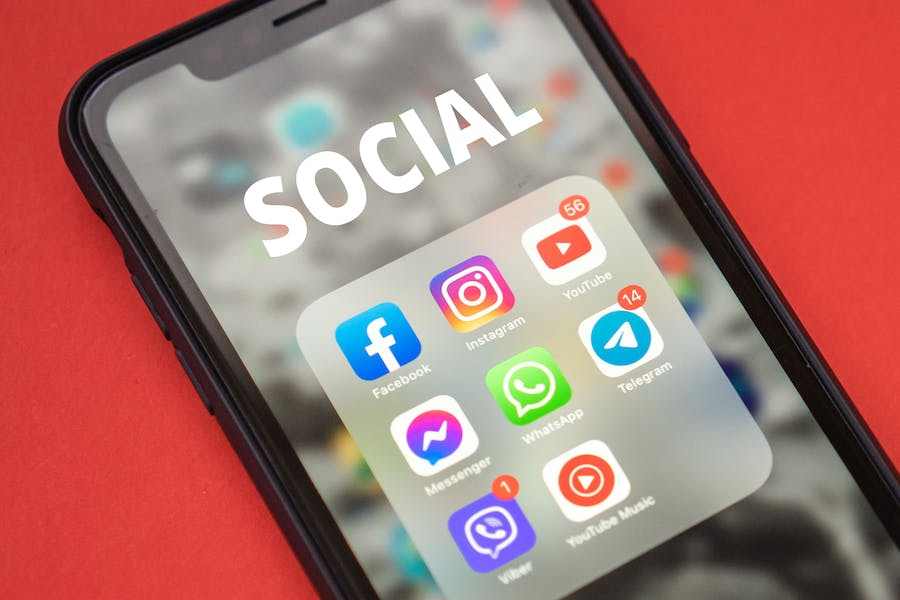
Social media activity can impact how you pursue damages after being injured in a personal injury or a car accident. Both plaintiffs and defendants routinely comb each other’s social media profiles for evidence that could weaken your case.
An experienced personal injury attorney can advise you on your right to share while building a strong legal argument. These trained legal professionals always recommend posting thoughtfully online while choosing your words carefully to avoid undermining your claim. Let’s explore the link between social media and injury lawsuits.
Responsible Social Media Usage In Personal Injury Claims
Anything you post on platforms like Facebook, Instagram, or X (formerly known as Twitter) can be used as evidence against you. That’s why you must monitor your social media content and be cautious when posting.
The simplest way to avoid issues with your social media activity during a personal injury case is to temporarily deactivate your profiles so nothing new can be posted or accessed during your case.
Using social media responsibly and remaining vigilant about your online activity can help prevent complications with your personal injury claim. By actively managing your social media profiles, you gain more control over how they could influence your personal injury claim
When To Avoid Social Media
If you’re bringing a personal injury claim, social media can harm your claim. If you post something that works against your claim, it can hurt your chances of financial recovery. Here are some reasons why posting something can make you look bad and harm your case:
Contradicting Your Claim
Saying something on social media that contradicts your claim could lead to a reduced award or an overall claim denial. If you’re claiming that you have a broken leg, but you’re posting that you’ve just finished dancing on social media, the defense can use this to challenge your injuries. Contradictory social media posts can completely ruin your injury claim.
Location Tracking
Checking in from certain locations could show that you’re participating in activities that contradict the injuries in your claim. Location posts can be used as evidence against you.
Showing Your Capabilities
Social media posts may inadvertently demonstrate to the defense that you’re physically capable of more than you’re claiming. Posting photos and videos, even if you aren’t in them, but taking them, can call your case into question and create complications in your claim.
Comments From Family and Friends
If your friends, family, or even witnesses make posts on social media that contradict your claims about your injuries, this can hurt your evidence. Supporters could make statements about how much money you want to get paid for your losses and anything they post could be used against you.
How Social Media Can Help Your Injury Claim
Social media posts can also provide evidence to support your personal injury claim in the following way:
- Information about your lifestyle before the accident can demonstrate how the injuries have negatively impacted your life.
- Geotagged posts and timestamps can be used to confirm your locations and routines and add context to your claim about your now limited daily activities.
- Updates on your injury and recovery process, doctor visits, physical therapy appointments, treatments, medications, assistive devices needed, and changes to your regular activities serve as a journal and timeline of the events for your claim
- Photos of your injuries, property damage, and the accident scene offer objective visual evidence of your claim.
You could be required to provide access to your social media profiles and posts as part of the discovery process. If so, consult with a seasoned injury lawyer to determine exactly what needs to be handed over to ensure your privacy is protected. Social media can be used strategically to support your personal injury claim and improper use could also jeopardize your claim.
Navigating Social Media Legal Advice
Social media can benefit and be disadvantageous for your injury claim. That’s why it’s important to have an experienced personal injury attorney support you. An experienced injury lawyer understands the pitfalls of using social media and knows how to navigate these platforms without compromising your claim.
Typically honesty is the best policy, but being involved in a personal injury claim means plaintiffs need to be weary of being too candid on social media. Posting doesn’t mean that your claim is not valid but each post opens you up to misinterpretations that could be potentially detrimental to your claim. A digital native and experienced personal injury attorney can advise you on how to use these platforms safely while protecting your legal rights.





